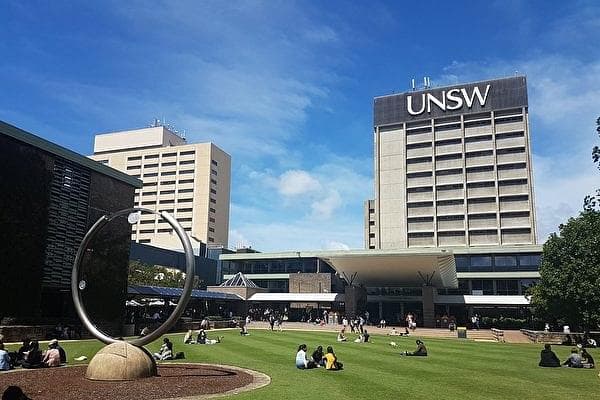Master of Food Science at University of New South Wales
Sydney, Australia
- Tuition Fee AU$ 49,205
- Country Rank#1
- Duration24 Months
- Score IELTS: 6.5 TOEFL: 90
Program Overview
The Master of Food Science is designed for food scientists and graduates wanting to advance and expand their knowledge and skills in their current area of expertise and for engineers who want to move into food science from a science-based perspective.
You’ll develop your technical knowledge and ability to analyse food science problems and gain a deeper understanding of the agrifood business, as well as meeting or maintaining professional accreditation standards and developing your career opportunities.
Cost Of Studying At University of New South Wales
Interest rates as low as 8.9% *
250K+
Students Assisted
800Cr+
Loan Amount Disbursed
5000+
Loans Sanctioned
Check Loan Eligibility
Powered by
